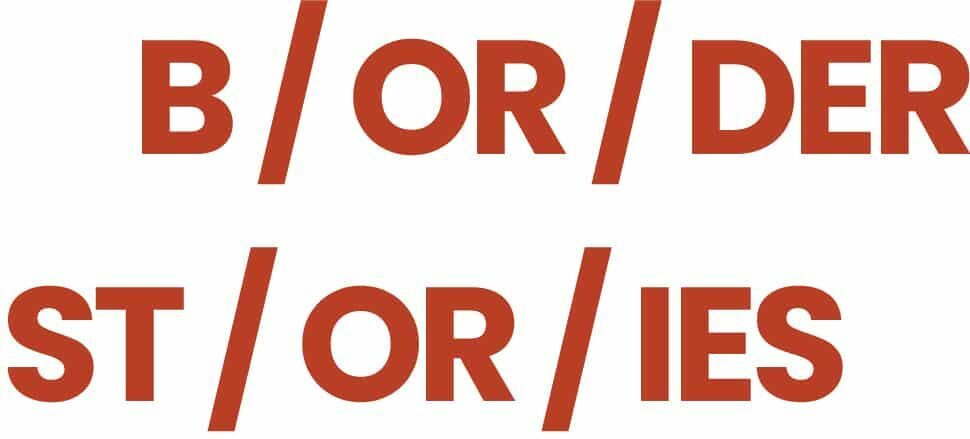Border identity as a security risk: On the contemporary registration of borderland residents in Kenya
The effects of colonial borders continue to have an impact. In the course of independence, the majority of the African Union agreed to maintain the colonial borders – above all in order to prevent territorial wars. Nevertheless, the colonial demarcations still lead to conflicts in many places today. One example is the so-called “Shifta” war in Kenya in the 1960s. The Somali population wanted to effect their secession from Kenya and a change in the colonial borders in order to join the state of Somalia. Although a referendum during the British colonial period had assured this to the population, it had never been implemented. Even today, the relationship between the Kenyan state and its Somali population is tense, which is also reflected in the difficult access to national identification documents.
Many border residents today hold two passports in order to be able to identify themselves flexibly as holders of both nationalities – even though this is not officially permitted everywhere. In Kenya, such practices are now considered a security risk. In the name of preventing terrorism, the government has introduced special ID verification procedures that affect not only Somalis but also other border populations. In order to obtain a national identity card, all border residents aged 18 and above must “prove” to a committee, together with relatives or by presenting school certificates, that they are Kenyan citizens.

